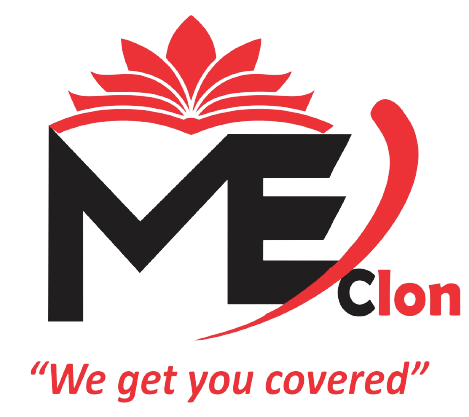 Vat is a consumer tax that the Kenya Revenue Authority (KRA) charges on the supply of taxable goods. And service made in Kenya and importation of taxable goods or services in Kenya.
Vat is a consumer tax that the Kenya Revenue Authority (KRA) charges on the supply of taxable goods. And service made in Kenya and importation of taxable goods or services in Kenya.
All traders can voluntarily register VAT if their taxable supplies are below the KES 5 million thresholds. But the government requires a trader to register for VAT if their turnover of taxable supplies is KES 5 million or above per annum. If a trader fails to register within a specified time, the commissioner will forcefully register the trader.
What are VAT rates in Kenya?
There are 4 VAT rates in Kenya:
- The general rate at 16% on general goods and services
- Local supply of petroleum products at 8%
- Zero-rated supplies and export- 0%
- Exempt supplies- No rate applicable
Once a supplier is registered, the law requires they file the return by the 20th of the month following the supply’s making. Besides, a registered supplier has to submit their return whether they made a sale or not. Failure to comply will attract;
- Penalty on late payment, which is 5% of the tax due
- Penalty on late filing, whichever is higher between KES.10,000 and 5% of the tax due
- Late payment interest of 1% per month on the unpaid tax until the trade pays the tax in full.
What is the time of supply?
When accounting for tax points in VAT, the tax period is the earlier of
- The day on which payment for supply is received
- The date on which the invoice is issued for construction services
- The date the supplies are delivered
- The date on which invoice is issued
VAT on imported services
The commissioner also charges VAT on imported services. These are services provided by a non-resident person who is not registered in Kenya. Export processing zones (EPZ) can also provide services for use or consumption in Kenya. So the importer bears the burden of VAT.
How VAT work
The commissioner charges VAT at every stage along the supply line by a registered person, and the final consumer usually bears it. A supplier usually maintains a VAT account. Traders use a ledger to record output tax (VAT) on goods and services charged to customers. And input tax (VAT on product and services billed to a business). The differences between output tax and input tax are payable to KRA, in cases where output tax is more than input tax. When the input tax is higher than the output tax, the KRA carries the tax credit to the next period. Besides, if a supplier sells zero-rated supplies can claim a refund of input tax from KRA.
How is VAT charged in Kenya?
The commissioner charges withholding vat at the rate of 2% of the value of taxable goods. This is to increase VAT revenue collection and compliance. But no VAT is withheld on exempt goods and services and zero-rated supplies. The commissioner treats VAT withheld on exempt and Zero-rated supplies as tax paid in error and refundable.
For more information on filing, VAT contact us today!



